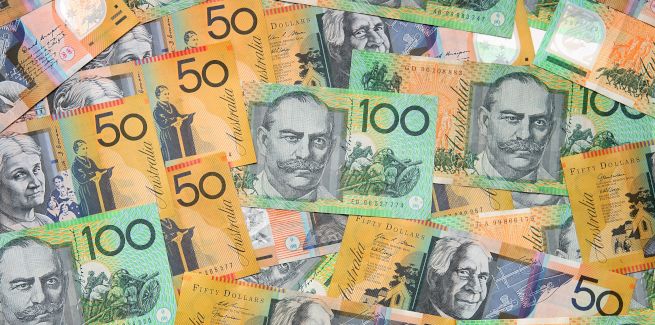New data released by the Australian Bureau of Statistics has found that 45 per cent of Australians aged 18 years and over have had their household finances impacted by the COVID-19 pandemic in the period between mid-March and mid-April.
Further, according to the ABS Household Impacts of COVID-19 Survey, one in three Australians reported that their household finances have worsened since the outbreak, with 14 per cent reporting an improvement.
The report also found that while a majority of Australians (81 per cent) stated that their household could raise $2,000 for something important “within a week”, a concerning number reported financial hardship, according to ABS program manager for household surveys Michelle Marquardt.
“One in 13 Australians (7.5 per cent) said their household lacked the money to pay one or more bills on time, and one in 10 (10 per cent) had to draw on accumulated savings to support basic living expenses,” Ms Marquardt said.
Over a quarter (28 per cent) of Australians over 18 stated that they had received the first one-off economic support payment of $750, announced by the government in March as a part of the COVID-19 stimulus packages, with older Australians more likely to have received this payment.
“Those aged 65 years and over were more likely than those aged 18 to 64 to have received the first one-off $750 economic support payment (60 per cent compared with 19 per cent),” Ms Marquardt said.
“Around half (53 per cent) of persons who received the economic support payment added it to savings, with persons aged 65 years and over more likely to do so than persons aged 18 to 64 (71 per cent compared with 37 per cent).”
The survey also collected information about Australians’ emotional and mental wellbeing over the period between mid-March and mid-April, and compared the findings with results from the ABS’ 2017-18 National Health Survey.
The results found that Australian adults were experiencing increased levels of anxiety and restlessness amid the COVID-19 pandemic, and changing their habits to interact with family and friends remotely.
“Compared to the 2017-18 National Health Survey, almost twice as many adults reported feelings associated with anxiety, such as nervousness or restlessness, at least some of the time over the last four weeks,” Ms Marquardt said.
“Adults aged 18 to 64 years were nearly twice as likely as those aged 65 years and over to experience feelings related to anxiety at least some of the time.”
With limitations on movements associated with coronavirus restrictions, fewer Australians were seeing friends and family outside the home, compared with the results from the 2014 General Social Survey (48 per cent compared with 76 per cent in 2014).
However, the research found that many were using alternative ways to stay in touch while in lockdown during the first two weeks of April.
“Two-thirds of Australians (65 per cent) increased their frequency of non face-to-face contact with family and friends outside of their household, most commonly via audio-only calls (92 per cent), text and instant messaging (86 per cent) and video calls (67 per cent),” Ms Marquardt concluded.
[Related: Business credit growth hits 30-year high]
 ;
;
